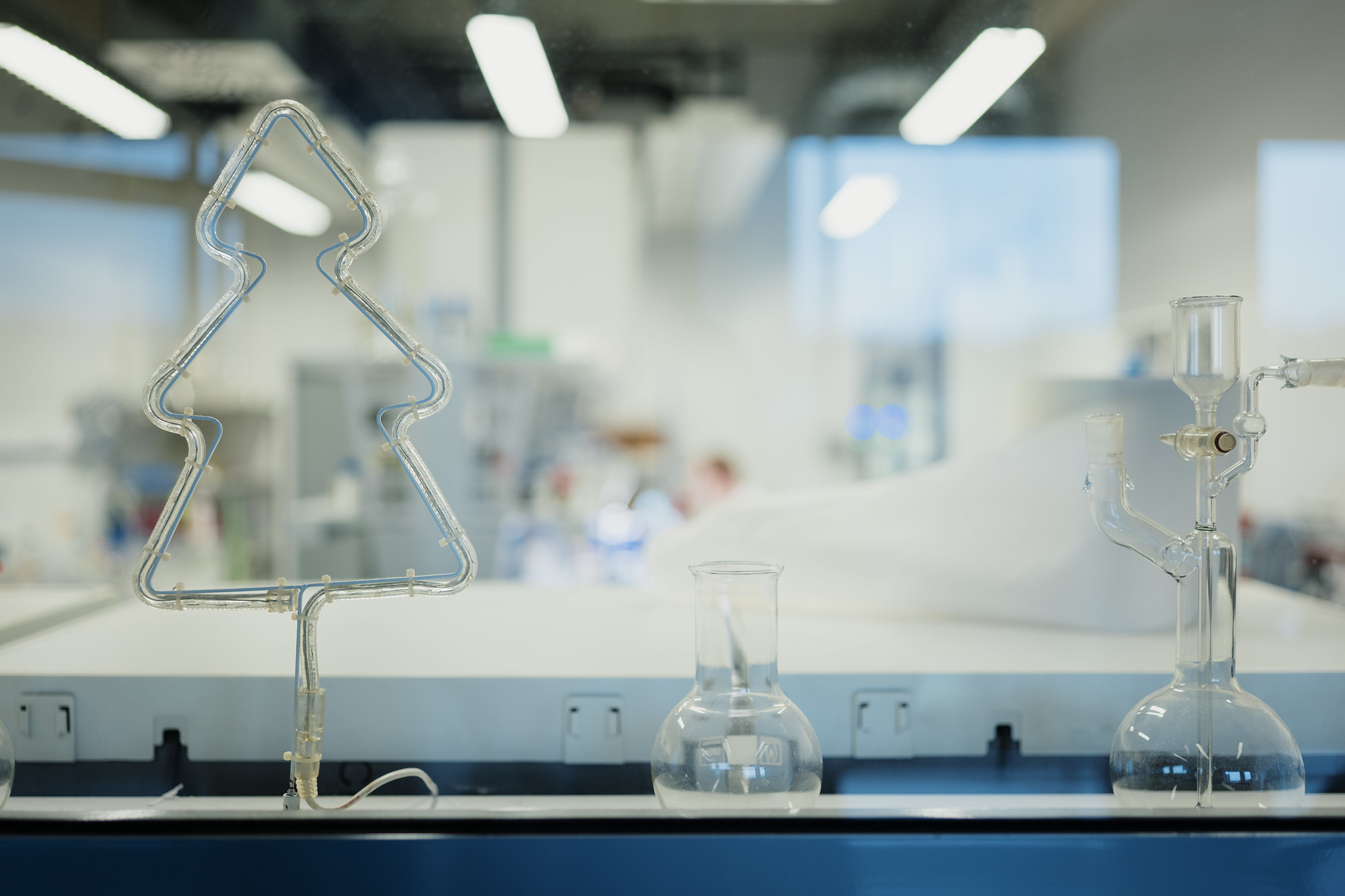VU Experts Help Understand: Nobel Prize in Chemistry for Breakthrough in Protein Design and Structure Prediction
 The 2024 Nobel Prize in Chemistry has been awarded to David Baker, Professor of Biochemistry at the University of Washington, USA, and to Dr Demis Hassabis, co-founder and CEO of DeepMind Technologies, along with his colleague Dr John M. Jumper, Director at DeepMind. The Royal Swedish Academy of Sciences recognised their groundbreaking work in developing new proteins and predicting their structures. According to Dr Justas Dapkūnas, Senior Research Fellow at the Institute of Biotechnology, Vilnius University Life Sciences Centre, these revolutionary discoveries have swiftly transformed the field and become essential tools for other scientists.
The 2024 Nobel Prize in Chemistry has been awarded to David Baker, Professor of Biochemistry at the University of Washington, USA, and to Dr Demis Hassabis, co-founder and CEO of DeepMind Technologies, along with his colleague Dr John M. Jumper, Director at DeepMind. The Royal Swedish Academy of Sciences recognised their groundbreaking work in developing new proteins and predicting their structures. According to Dr Justas Dapkūnas, Senior Research Fellow at the Institute of Biotechnology, Vilnius University Life Sciences Centre, these revolutionary discoveries have swiftly transformed the field and become essential tools for other scientists.
“Proteins are the most important molecules on Earth, as all living organisms are made of proteins. To understand how life works at the molecular level, we need to know how proteins look and how they arrange themselves in space. This has been a challenge in biochemistry since the late 1960s,” explains Dr Dapkūnas.
He adds that this challenge was only solved some 60 years later, in 2020, when Dr Hassabis and Dr Jumper introduced AlphaFold2, a revolutionary artificial intelligence model capable of predicting the structures of almost all of the 200 million known proteins.
“It has revolutionised molecular biology. Previously, the structure of a protein was often unknown, and studying it involved working almost blindly. With AlphaFold2, we now know at least an approximate structure of a protein. This computer model, which can often reproduce protein structures with experimental precision, has transformed molecular biology research in just a few years,” explains the VU researcher.
Dr Dapkūnas believes that Prof David Baker, one of this year's Nobel Prize winners in Chemistry, is a leading figure in protein design. Prior to the development of AlphaFold2, the group of scientists in his laboratory were among the best at modelling protein structures.
He further explains that the Nobel Prize in Chemistry bridges several disciplines: computer science, mathematics, statistics, physics, chemistry, and biochemistry. Additionally, these fields are closely related to the discoveries of this year’s Nobel Prize winners in Physics.
“What connects these discoveries to the 2024 Nobel Prize in Physics is the use of similar neural networks and the interdisciplinary nature of the research. Both DeepMind Technologies and Baker's lab bring together a diverse team of experts—computer scientists, protein researchers, chemists, physicists, and others. Among them is Lithuanian mathematician Dr Justas Dauparas, who is currently a postdoctoral fellow in Baker's lab,” says the researcher at VU Life Sciences Centre.